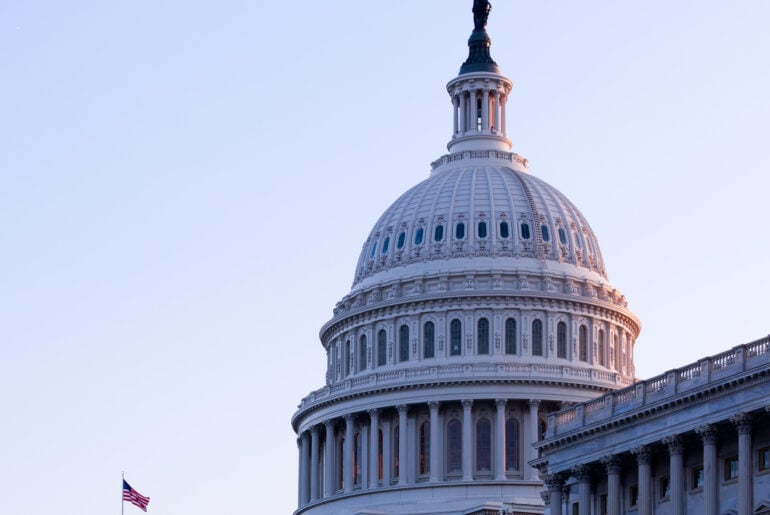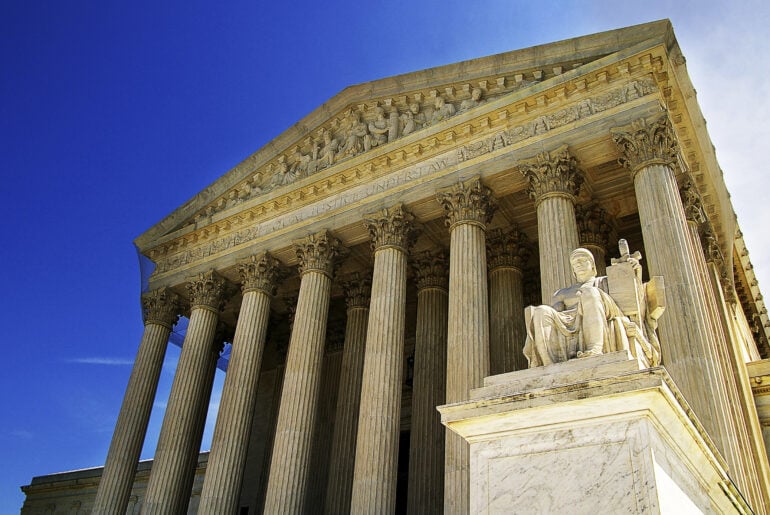In brief On February 10, 2025, President Donald Trump signed an Executive Order (“Order”) directing a 6-month moratorium on the enforcement of the Foreign Corrupt Practices Act (FCPA), while the Attorney General revises Department of Justice (DOJ) policies and guidelines governing FCPA enforcement. The Order instructs that these changes be made in the interest of promoting US companies’ ability to compete in foreign markets. While the Order introduces uncertainty for the future of FCPA enforcement,…
In brief Following President Trump’s extensive new import tariffs, many companies are grappling with increased costs and supply chain uncertainty. What happens when a deal becomes financially unsustainable due to government-imposed trade restrictions? Companies should consider the force majeure and change management clauses in their contracts, and the doctrines of impossibility, impracticability and frustration of purpose under applicable statutes and the common law, to assess whether they are entitled to relief. This article examines these…
An analysis of Attorney General Bondi’s memorandum on the Foreign Corrupt Practices Act (FCPA) In brief A recent memorandum from Attorney General Pam Bondi signals a potential shift in the Department of Justice’s (DOJ) FCPA enforcement priorities. According to the memorandum, FCPA enforcement should prioritize foreign bribery linked to Cartels and Transnational Criminal Organizations (TCOs), potentially altering the landscape of white-collar corporate enforcement. While traditional FCPA cases will likely continue, the new directive grants local…
In brief The recent surge in cases under the Video Privacy Protection Act (VPPA) underscores its critical role in addressing consumer privacy concerns in the digital age. The 1988 Act prohibits a “video tape service provider”, with certain exceptions, from the disclosure of video rental or purchase records containing personally identifiable information of any “consumer”. The Second Circuit has recently held in Salazar v. National Basketball Association, that the federal statute is “no dinosaur” and…
In brief It comes as no surprise that class actions targeting greenwashing claims — or green advertising — continue to rise in number and complexity. Although consumer demand and regulatory actions have increasingly motivated businesses to make public statements about their sustainability practices and commitments to climate change, now is the time to take a step back and reevaluate those sustainability claims and marketing. Vague, unverified and unsubstantiated claims can all too easily lead to…
In brief On June 26, 2024, in Snyder v. United States, the Supreme Court, in a 6-3 decision authored by Justice Kavanaugh, significantly limited the federal statute criminalizing gratuities in state and local jurisdictions. Snyder, a mayor, awarded a USD 1.3 million contract and received a USD 13,000 payment from the benefiting company. The Supreme Court ruled that the relevant statute, Title 18 section 666, applies only to bribes paid or promised before an official act,…
In brief On June 13, 2024, the Supreme Court of the United States (SCOTUS) unanimously held in FDA v. Alliance for Hippocratic Medicine that plaintiff physicians and pro-life medical associations lacked Article III standing to challenge the U.S. Food and Drug Administration’s (FDA) regulation of mifepristone, a prescription drug primarily used in terminating pregnancy. Following the ruling, mifepristone remains available and approved. Also importantly, SCOTUS reasoned that a desire to make a drug less available for others…
In brief On 20 June 2024, the US Supreme Court ruled, in a 7-to-2 decision in favor of the government, to uphold the constitutionality of the section 965 transition tax in Moore v. United States. This case has been closely watched because it informs a potential future dispute concerning the legality of a wealth tax and significant longstanding portions of the US tax regime. The original question presented was whether, under the Sixteenth Amendment, income must…
DOJ Extends Leniency Incentives to Corporate Wrongdoers Who Disclose Criminal Misconduct In brief On April 15, 2024, the DOJ launched the Individual Voluntary Self-Disclosures (VSD) Program, extending incentives for individual wrongdoers to self-report criminal activities. This follows similar initiatives in the SDNY and NDCA. Traditionally, the DOJ incentivized corporate self-disclosure of wrongdoing. The new program aims to encourage individuals to disclose their misconduct and cooperate fully in exchange for non-prosecution agreements, potentially heightening the pressure…
In brief The Canadian Competition Bureau (“Bureau”) has announced a significant initiative to explore the impacts of artificial intelligence (“AI”) on competition in Canada. On 20 March 2024, the Bureau published a discussion paper, entitled “Artificial intelligence and competition” (“Discussion Paper”), and has requested feedback from the public. The Bureau is seeking to better understand how AI can affect competition in Canada. It is also seeking to determine how it can better prepare to address…









